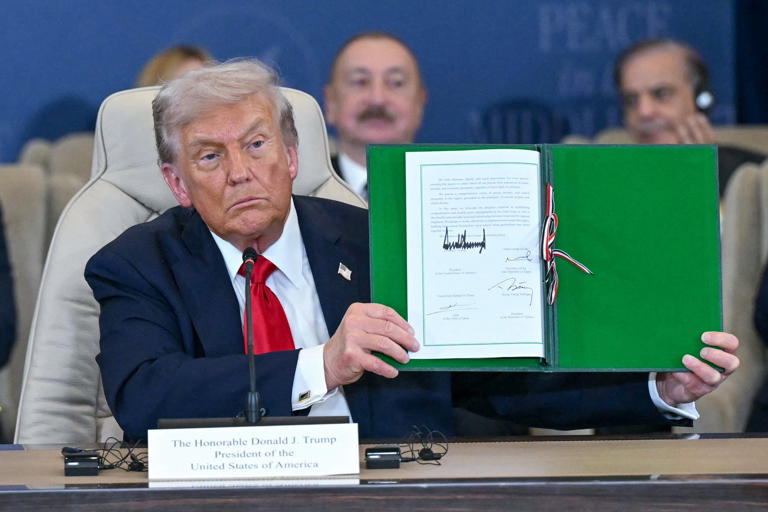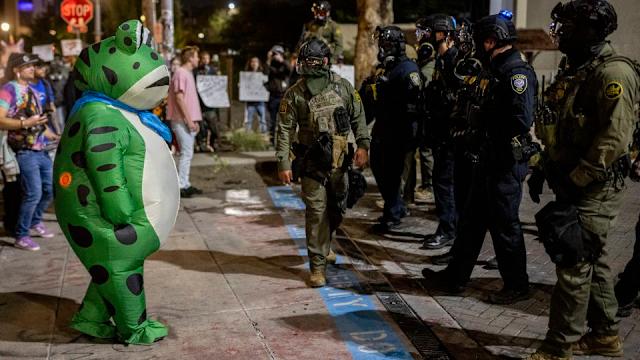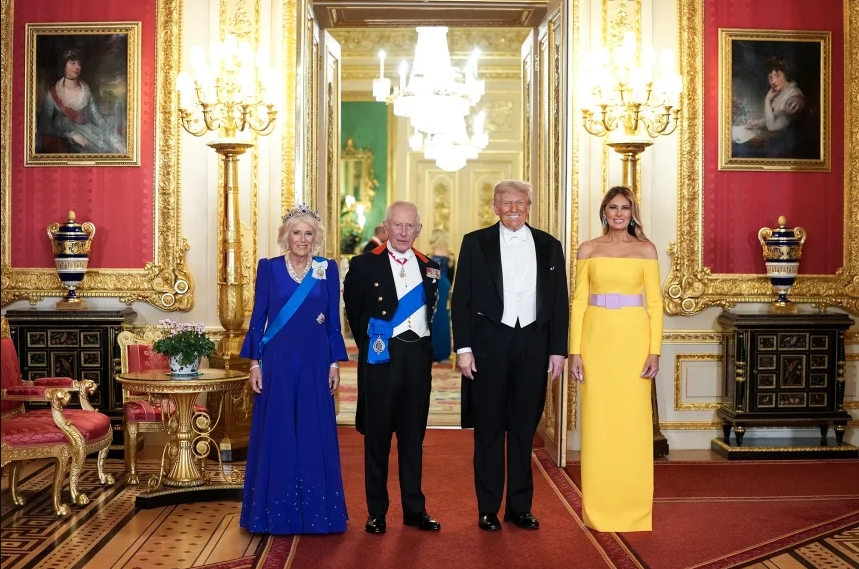Longing for sleep, I found myself alongside 10 fellow cadets who slept in the dark van weaving in and out of headlights around 2:30 a.m. en route to Fort Knox, Ky.
Although sleep became the major activity in the van, I couldn’t help but let my now culturally developed mind meander through our last month’s adventures in a country reborn by the minds and compassion of patriots: Lithuania.
I could still remember it as though it were just yesterday, boarding the international flight, departing from Chicago with my team: Charlie Team 1, Klaipeda. An 8 1/2-hour flight over a dark ocean had concluded in a land, then undiscovered, for all of us.
As we stepped out of the Lithuanian airport in boots that just had recently graced American soil, it was not only the physical composition of the country under our soles that awaited us, but the following weeks’ experience that would impact and educate us as military personnel and people of the United States.
While traveling to another country may seem foreign to many individuals, four Pride of PA, Gannon University, Army ROTC cadets embraced the opportunity to travel abroad in the summer. The trip was sponsored by the U.S. Cadet Command’s Program, CULP (Cultural Understanding Language Program). For one summer month, cadets compiled similar stories.
Every year, the Army CULP program sends cadets overseas to teach English, perform humanitarian projects or participate in real, foreign military exercises known as military-to-military trips.
Cadets Lindsey Perz, Dylan Hyde, Nick Sobina and I were selected based on overall leadership capabilities, grade point average and level of physical fitness. We competed against more than 1,000 cadets nationwide to grasp what Sobina called “the opportunity of a lifetime.”
While Sobina was selected to travel to Moldova, a small country in the southern part of Eastern Europe, Perz became culturally immersed in the Eastern European country of Latvia. Moreover, Hyde established United States relations in Thailand, whereas I commenced my CULP program experience in Lithuania, located in Eastern Europe.
Although all four of the cadets traveled to different regions of the globe, Sobina, Hyde and I enjoyed similar military experiences. Our mission deployments were set to improve English-speaking capabilities in other countries, while building relationships that will strengthen both U.S. and foreign relations.
We performed the duties directed to us by teaching English to our foreign comrades from 8 a.m. to 5 p.m. Monday through Friday. In addition to instructing, we also participated in humanitarian projects associated with the restoration of buildings, including schools.
A normal day in our boots consisted of an early wake up, a physical training session with the soldiers or cadets, with whom we had been in the language classroom and participated in culture development classes. We had both morning and afternoon English language class rotations and free time to explore the cities away from the military bases after working hours.
Even though three of us were given the chance to teach English at our respective countries, Perz was selected for a mission far from teaching English in a classroom every day. Perz was given the opportunity to participate in a military-to-military trip, which offered significant tactical infantry training in the field alongside Latvian soldiers.
Perz said the first two weeks of her team’s mission consisted of participating in Operation Sabre Strike, an annual training mission the United States Army executes to advance the level of military training of the three Baltic countries: Latvia, Estonia and Lithuania.
In those two weeks, Perz and her cadet team played the role of “OPFOR,” also known as mock-enemy forces. The trainings allowed both sides to practice skills regarding the preparation for incoming attacks, land navigation on a noncommissioned-officer Latvian training course and Latvian military culture.
Aside from the normal five-day work week, we were given the chance to venture off our respective military base or school and tour the cities of countries new to our eyes. Hyde played with monkeys and rode elephants in Thailand. Perz, Sobina and I toured old European castles, World War I and II sites, old Soviet cities and enjoyed strong European coffee.
Upon the completion of our CULP missions, none of us could settle to say that our experiences were less than highly influential, even life-impacting. Observing and learning about a culture completely different from one’s own is one thing, but actually being able to live in another culture and experience traditions unlike one’s own can’t even compare.
Within a month, we returned to Kentucky with soil on our boots shared by another country, one that accepted, influenced and impacted our minds. The countries allowed us to improve our views of nations, people and militaries abroad, helping us become stronger, more knowledgeable and culturally aware future officers of the United States Army.
KRYSTINA GEORGE







